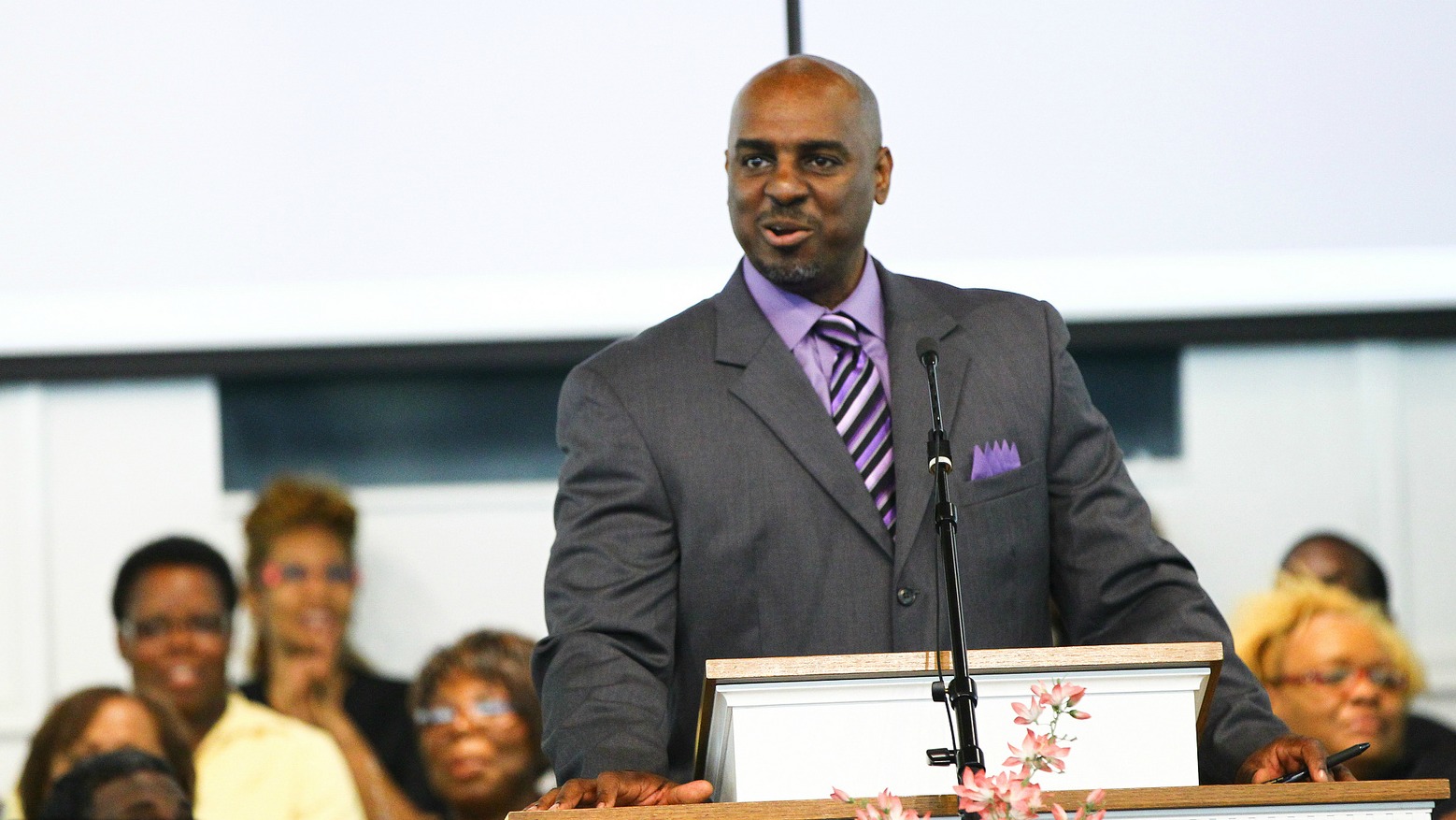When you’re the president, people hang on to your every word. With Barack Obama, known for his way with words, we pay particular attention. Listening to him speak before African American audiences, it’s easy to notice a certain air of familiarity in his voice. Some say it makes him sound cool and relevant. Some have found it patronizing.
For example, in a nod to his base, he says the Republicans planning a lawsuit against him should stop “hatin’ all the time.” Before his last election, he reportedly switched to a preacher’s cadence when he told members of the Congressional Black Caucus to take off their “bedroom slippers and start marching.” He even recently complimented his White House pastry chef by saying his pies were so delicious, “I don’t know what he does – whether he puts crack in them,” using the term as shorthand for being addictively good. (With two teens in the house, Obama has a ready resource for the latest slang.)
Our president does what many of us do as we navigate between different cultural and professional settings: code-switching. As we develop certain speech patterns based on different languages or language variants, we find ourselves instinctually pulling from both in conversation.
While common among people of color, code-switching applies to us all in some degree; we tend to use insider lingo in certain contexts and know the social cues that apply to certain groups.
I remember when my then 16-year-old nephew, Christian, came back from vacation in California, sounding as if he’d grown up on the mean streets East Palo Alto, despite having been born and raised in rural upstate New York.
“I think code-switching is necessary to smoothly transverse through different groups. Growing up out (in a rural area), I did not learn what we typically consider ‘urban code.’ Coming to California was my first introduction, and I definitely wanted to speak the code at first just to fit in,” said Christian, now 24. “I have regularly spoken in urban code for the last 8 years, but… I realized what my grandmother meant when she said that people perceive you a certain way when you look and speak a certain way. So around sophomore year of college, I realized it could be beneficial to be able to do both at any time.”
In a TED talk, spoken word poet Jamila Lyiscott riffed easily between urban, Caribbean, and standard English, telling her audience she was “tri-lingual.”
Black ministers are often masters of the code-switch. My pastor, the Rev. Arnold Byrd III, a young African-American minister, can easily go from standard English on his job in sales with a major cable company to language designed to connect with the congregation in his predominantly black church on Sundays.
Black churches often have their own "language." We repeat the popular refrain, "Nobody can do me like Jesus." The congregation participates in "call and response," with the pastor making a point, and the crowd either finishing his thought or agreeing with, "That's right!" or, "Yes it is!"
Don Lemon, a CNN anchor was using code recently, when in the middle of a news report, he noted that the Rev. Al Sharpton, who was raising money at a gathering in Ferguson, Missouri, “knows how to take up a collection.”
My pastor says he follows the example of Jesus, who used things his listeners could understand – fishing and farming – to explain the Kingdom of Heaven. “Peter was a businessman; he owned his own fishing business. So when Jesus told Peter, ‘I will make you a fisher of men,’ Peter understood where he was coming from because he uses something Peter could relate to.”
In our responses to the killing of a young, unarmed black man in Ferguson, we see again how black and white Christians seemingly talk a different language. Despite our differing experiences, it is worth the effort for us to work past cultural disparities to understand one another another.
As believers we are called to the ultimate “code-switch.” We are in the world, but not of the world. We not only are citizens of various nations, but we are citizens of heaven.
We should be conversant not only in the language dictated by our differing cultures, but in the language given to us by the Lord Jesus Christ: “Love one another as I have loved you.”
My pastor says that Mark 12:30-31, the famous passage that tells us to love God with our heart, soul, and mind, and to love our neighbor as ourselves, is crucial, and overtakes the language we use at work, at church, or on the streets. “In everything about me, I am going to show God I love him, which means his ways trump my beliefs, my thoughts, or how I perceive a thing,” he told me.
As Paul writes in Ephesians:
But now in Christ Jesus you who once were far off have been brought near in the blood of Christ. For he is our peace, who has made us both one, and has broken down the dividing wall of hostility … that he might create in himself one new man in place of the two, so making peace, and might reconcile us both to God in one body through the cross, thereby bringing the hostility to an end. (Eph. 2:13-18 RSV).
Hope E. Ferguson is senior writer for the State University of New York's Empire State College in Saratoga Springs, New York. The great-granddaughter and granddaughter of African Methodist Episcopal (AME) ministers, she grew up hearing about social justice issues from her father, a human rights attorney, and mother, an artist, who were active in the civil rights movement. She blogs about faith, culture and politics at Morning Joy.









